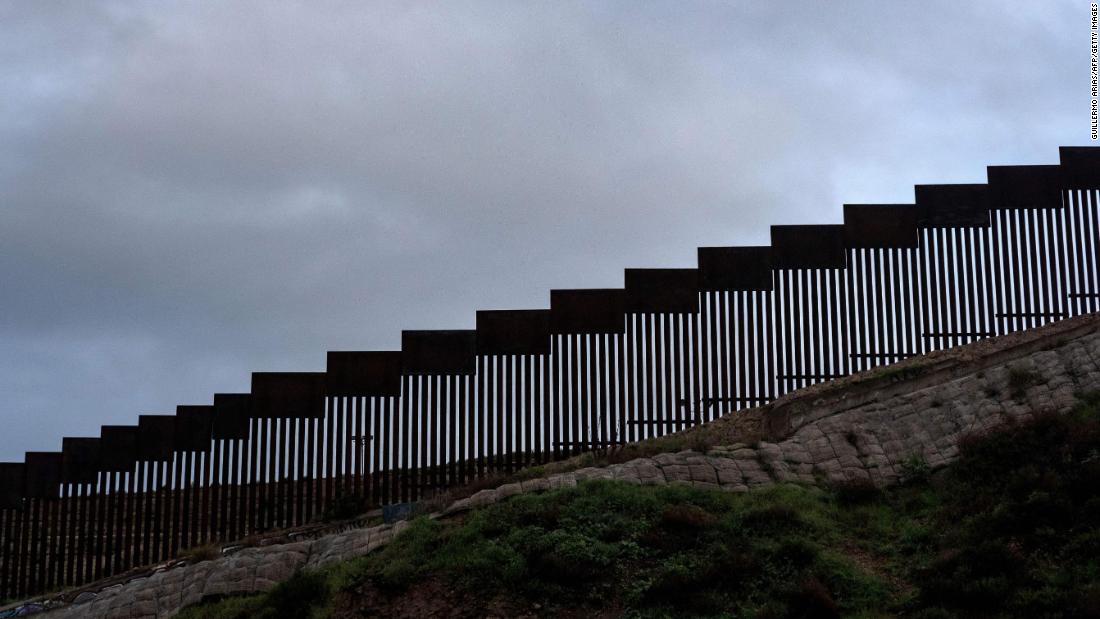The section of the wall they will be painting is located in Calexico, California, according to the email from DHS, which said there “may also be an operational benefit” to painting it as “individuals appeared to have greater difficulty” scaling recently painted bollards in Nogales, Arizona. The email was
first reported by CBS. Sen. Dick Durbin, an Illinois Democrat, confirmed the plan in a
tweet on Wednesday evening. “DHS informed Congress today that troops are going to spend the next month painting the border wall & “the primary purpose is to improve the aesthetic appearance.
“A disgraceful misuse of taxpayer $$. Our military has more important work to do than making Trump’s wall beautiful,” the tweet read.
The paint and materials will be paid for by US Customs and Border Protection’s fiscal year 2019 budget, according to the email, which said the project will last “approximately 30 days.”
On Thursday the Pentagon sent a message to members of Congress informing them that approximately “100 Active Duty Engineer personnel” would “apply an anti-climb coating to about a mile of new bollard barrier near the Calexico West port of entry.” This was approved by the Pentagon on March 18, according to the message obtained from a congressional aide.
The “anti-climb coating” application should take about 30 days to apply, according to the message.
Currently, there are
3,000 active duty troops and 2,000 National Guard personnel deployed in support of border security at the southern border. The troops are there due to a shortage of Customs and Border Protection personnel, according to acting Secretary of Defense Patrick Shanahan, who approved in April the deployment of an
additional 320 troops to the border. Shanahan recently said the Pentagon was trying to determine how long troops would be required to support security at the border, saying, “We really need to get back to our primary missions and continue to generate readiness.”
The duties that the troops can perform at the border are limited by law, but the Pentagon has previously explained that, among other things, they would be providing engineering support with temporary barriers, barricades and fencing, as well as planning assistance and aviation support to move CBP personnel.
CNN’s Catherine E. Shoichet contributed to this report.

